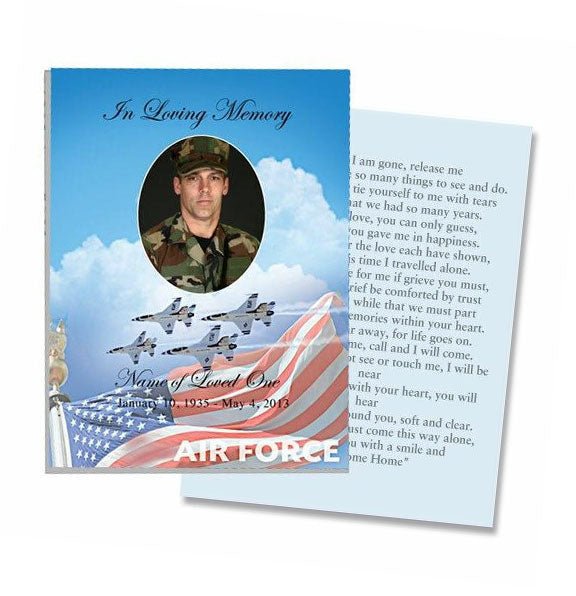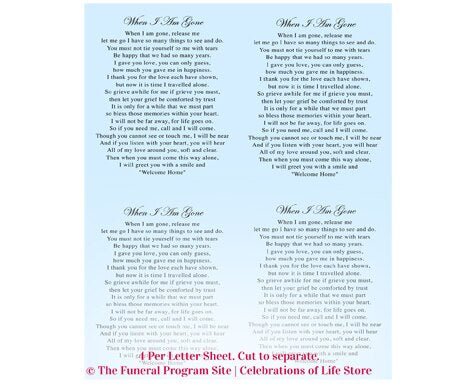What is Usually on a Memorial Card?

Memorial cards are a meaningful way to honor and remember a loved one who has passed away. They are often distributed at a funeral or memorial service, providing attendees with a keepsake that captures the essence of the person being honored. Memorial cards typically include key information about the deceased, as well as a short message, quote, or prayer. Below is an overview of the common elements that are usually included on a memorial card.
1. Full Name of the Deceased
One of the most important elements of a memorial card is the full name of the person being remembered. This is typically displayed prominently at the top of the card or in the center. If desired, you can also include a nickname, middle name, or maiden name.
2. Birth and Death Dates
The memorial card will usually include the birth and death dates of the deceased. These dates provide a timeline of the person’s life and are often placed near their name on the card.
3. A Photograph of the Deceased
Many memorial cards include a photograph of the deceased, either on the front or inside of the card. The photo can be a formal portrait or a candid picture that captures the personality and spirit of the person. Some families choose a recent photo, while others prefer a picture from a significant time in the person's life.
4. A Short Message or Quote
Memorial cards often include a short message, quote, or verse that reflects the sentiments of the family. This may be a religious verse, a poem, or a personal quote that had special meaning to the deceased. Common options include:
- Religious Verse: "The Lord is my shepherd; I shall not want." – Psalm 23
- Poem: "Gone from our sight, but never from our hearts."
- Personal Message: "In loving memory of a wonderful father, husband, and friend."
5. Bible Verse or Prayer (Optional)
For religious services, a Bible verse or prayer is often included on the memorial card. This can offer comfort and hope to those mourning the loss of a loved one. Some families choose to include a favorite scripture or a traditional prayer, such as:
- "I am the resurrection and the life. He who believes in me will live, even though he dies." – John 11:25
- "May the souls of the faithful departed, through the mercy of God, rest in peace."
6. Closing Words or Thanks
Memorial cards sometimes include a brief closing message from the family, expressing thanks to those who attended the service or supported them during their time of loss. For example:
- "The family of [Name] wishes to express their heartfelt gratitude for your love and support."
- "Thank you for keeping [Name] in your thoughts and prayers."
7. Memorial or Donation Information
If the family prefers donations in lieu of flowers, the memorial card can include information about the charity or organization to which contributions should be made. This allows attendees to honor the memory of the deceased through a charitable gesture.
- "In lieu of flowers, please consider a donation to [Charity Name] in [Name]’s memory."
Conclusion: Creating a Thoughtful Memorial Card
A memorial card serves as a lasting tribute to a loved one and a keepsake for family and friends. By including the deceased’s name, birth and death dates, a meaningful photograph, and a heartfelt message or prayer, you can create a card that honors their life and provides comfort to those who receive it. Whether religious or secular, personalized or simple, a well-crafted memorial card is a meaningful way to remember someone special.
© The Funeral Program Site ~ Funeral Program Templates and Cancer Ribbons








































